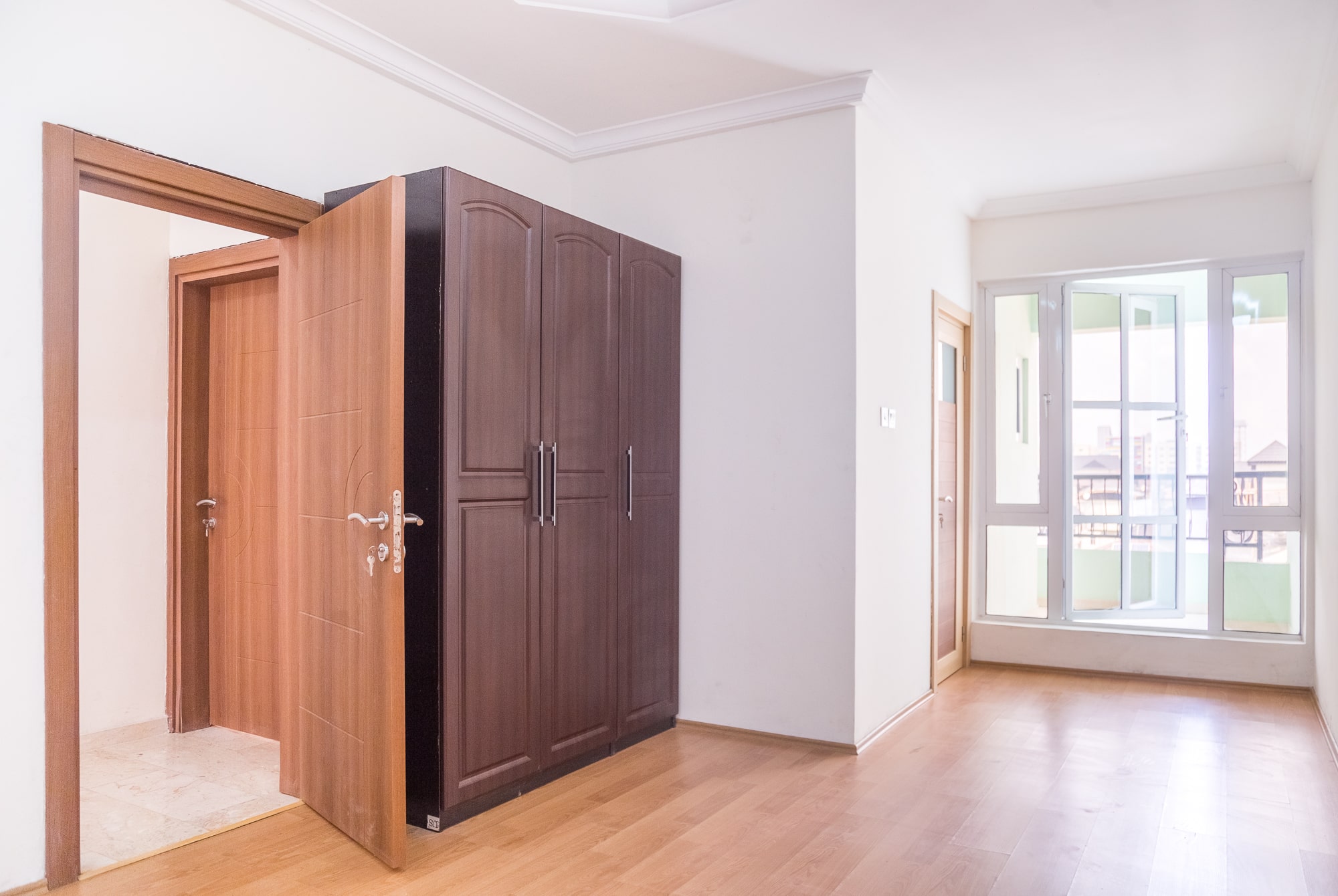What is
Online Tutoring Service?
In lay man’s
language, Online Tutoring is the provision of tutoring service over an
online portal or which uses an online marketplace to connect tutors with
students who need tutoring. The students register as members and pay money into
the ewallet account on the web portal while the tutors are paid based on
billable hourly rates for the number of hours worked. It is similar to a freelance
market place but the difference is in the purpose of the portal. The Online tutoring
service functions by providing online classes (tutorials) on various topics and
is not necessarily limited to academic areas. It is becoming very popular among
millennials and has become a more viable way of accessing tutoring service on
the go. There are still challenges which frustrate the running of this business.
The Opportunity
- Nigeria’s middle class is changing but also growing fast. A lot of lifestyle changes are noticeable with the middle class especially with the use of internet enabled devices in searching for products, services, information and other useful things they need. Businesses in turn are adjusting to these changes to readily serve the market. The effect of lowering cost of internet data and improvement in video streaming also gives room for provision of online classes in real time. There are other opportunities as well;
- Over 40 million Nigerians residing in the 6 most cosmopolitan cities (Lagos, Port Harcourt, Abuja, Kaduna, Warri and Benin) are potential customers.
- Rapid pace of academic programs in post primary education is a factor that drives demand
- Over-reliance on examinations for assessing student aptitudes
- Cosmopolitan nature of most Nigerian middle class workers
- Ready pool of skilled tutors and professional teachers
Related
Article
- How to Setup A Creche/Daycare Center in Nigeria
- The Business Opportunity in Nigeria’s Demand for Overseas Education
- Security Challenges – how do you vet the reliability and civility of tutors who will have access to homes and private lives of clients?
- Excellent service delivery – how would you ensure that tutors remain professional and committed to delivering their best possible service? How should the service be delivered – online/real time or offline?
- Payment – how would payment disputes and delay be handled by difficult and dishonest clients?
- Dispute resolutions – in the event of disputes between clients and the company or clients and the tutors how would issues be amicably resolved without client disengaging company services?
Marketing Strategy
The strategy
for finding, identifying and fulfilling client needs will be very difficult to
achieve at least while the market trends are still emerging. A digital
marketing strategy which will cover use of content marketing strategy and integrated
with paid Search Engine based leads generation will work. The market is still
evolving.
Financial Setup
Item
|
Cost
|
Office Space
|
600,000
|
Web
Portal
|
200,000
|
Running Expenses (6
months)
|
600,000
|
Marketing
Budget
|
300,000
|
Contingency
|
300,000
|
Other
expenses
|
360,000
|
Total
|
2,360,000
|
Sample Financial Projection (1st year)
NB: Net earnings
on total fees could be 40%. Teachers earn 60% commission per class and payment
is made after work is completed. Based on
assumption of 3,000 naira fee per class and average weekly rate of 2 classes
per subject, 20 weeks per year and 2 subjects per client X 30 clients per annum
- Total yearly revenue = 14,400,000
- Total commission paid = 8,640,000
- Total yearly running expenses = 1,800,000
- Profit before tax = 3,960,000
- Taxation = 1,188,000
- Profit after tax = 2,772,000
- Return on Investment = 117%
Looking to write a professional standard, bankable business plan? Give a me call: 0803 206 4106 or email me: paulonwueme@gmail.com to get started.


